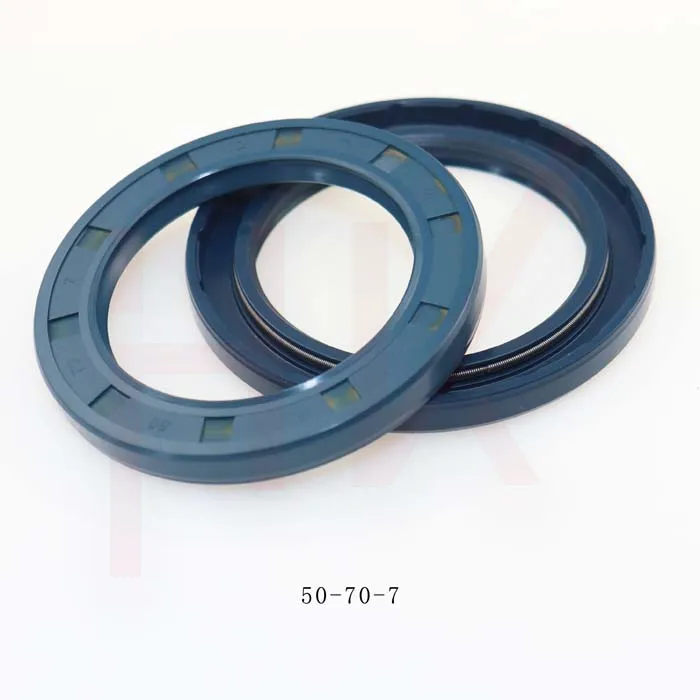נוב . 17, 2024 23:02 Back to list
Mechanical Seal Repair Kit for Efficient and Reliable Sealing Solutions
Understanding Mechanical Seal Kits An Essential Component for Industrial Applications
Mechanical seals are crucial components used in various industrial applications to prevent fluid leaks in rotating equipment, such as pumps, compressors, and mixers. A mechanical seal kit typically provides all the necessary components to replace or maintain the mechanical seal, ensuring optimal performance and reliability in operations.
At its core, a mechanical seal consists of two primary parts the stationary and rotating faces. These faces are held together by a spring mechanism, creating a seal that can withstand pressure and temperature variations inherent in many industrial processes. Over time, mechanical seals can wear out due to thermal cycling, abrasive particles, or chemical deterioration. Thus, having a mechanical seal kit on hand becomes vital for maintenance and unplanned repairs.
A typical mechanical seal kit includes various components, such as the mechanical seal itself, springs, O-rings, and installation tools. Depending on the manufacturer and specific application, the kit may also contain lubricants and gaskets designed to enhance the sealing performance. It is essential to choose a kit that matches the specifications of the equipment to ensure a proper fit and function.
mechanical seal kit

When selecting a mechanical seal kit, there are several factors to consider. The environment in which the equipment operates plays a significant role in determining the type of seal needed. Factors such as temperature, pressure, and the nature of the fluids being handled (e.g., corrosive, abrasive, or viscous) will influence the material selection for the mechanical seal components. Common materials used in mechanical seals include rubber, ceramic, and various alloys, each chosen for its specific properties, such as resistance to wear, heat, and chemicals.
Proper installation of a mechanical seal is critical to its performance and longevity. It is important to follow manufacturer guidelines and standard procedures during installation to avoid misalignment or damage. Improper installation can lead to premature failure, resulting in costly downtime and repairs. Therefore, having a skilled technician or engineer carry out the installation can make a significant difference in the reliability of the sealing solution.
Regular maintenance and inspections are equally important. Checking for signs of wear or leaks can help identify potential issues before they escalate, allowing for timely interventions. By maintaining a proactive approach with mechanical seal kits, facilities can minimize operational disruptions and enhance overall equipment reliability.
In conclusion, mechanical seal kits are integral to the smooth operation of various industrial systems. By understanding their components, selecting the right materials, ensuring proper installation, and committing to regular maintenance, businesses can significantly improve their operational efficiency and reduce the risk of unexpected breakdowns.
-
The Trans-formative Journey of Wheel Hub Oil Seals
NewsJun.06,2025
-
Graphene-Enhanced Oil Seals: Revolutionizing High-Pressure Oil Sealing
NewsJun.06,2025
-
Future of Hydraulic Sealing: Advanced Intelligent TCN Oil Seals
NewsJun.06,2025
-
Don’t Let a Broken TCV Oil Seal Ruin Your Day
NewsJun.06,2025
-
Bio-Inspired Dust Seals for Better Sealing Performance
NewsJun.06,2025
-
Biodegradable and Sustainable Hydraulic Seal Materials
NewsJun.06,2025
-
Top Oil Seal Solutions for Your Industrial Needs
NewsMay.22,2025
Products categories
















